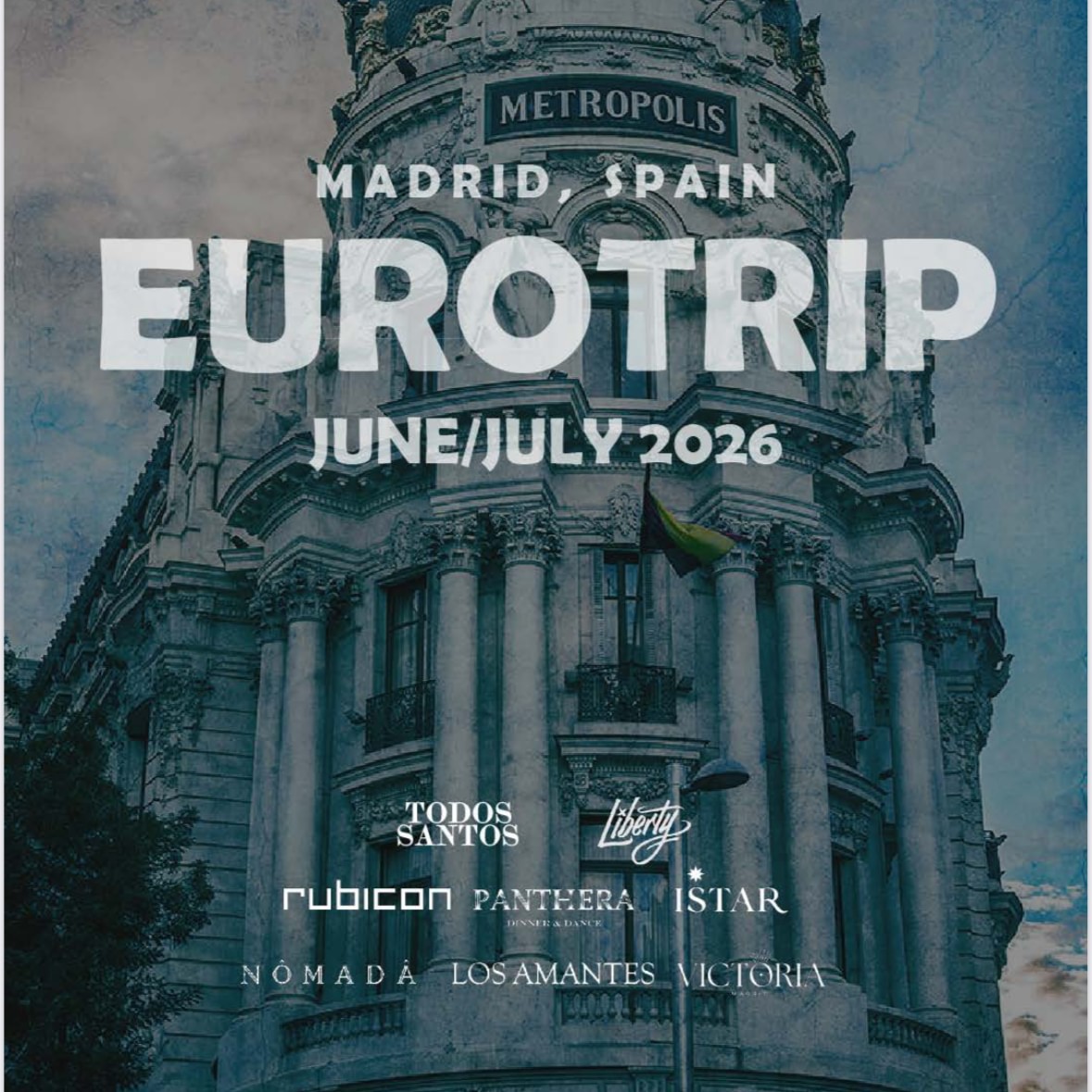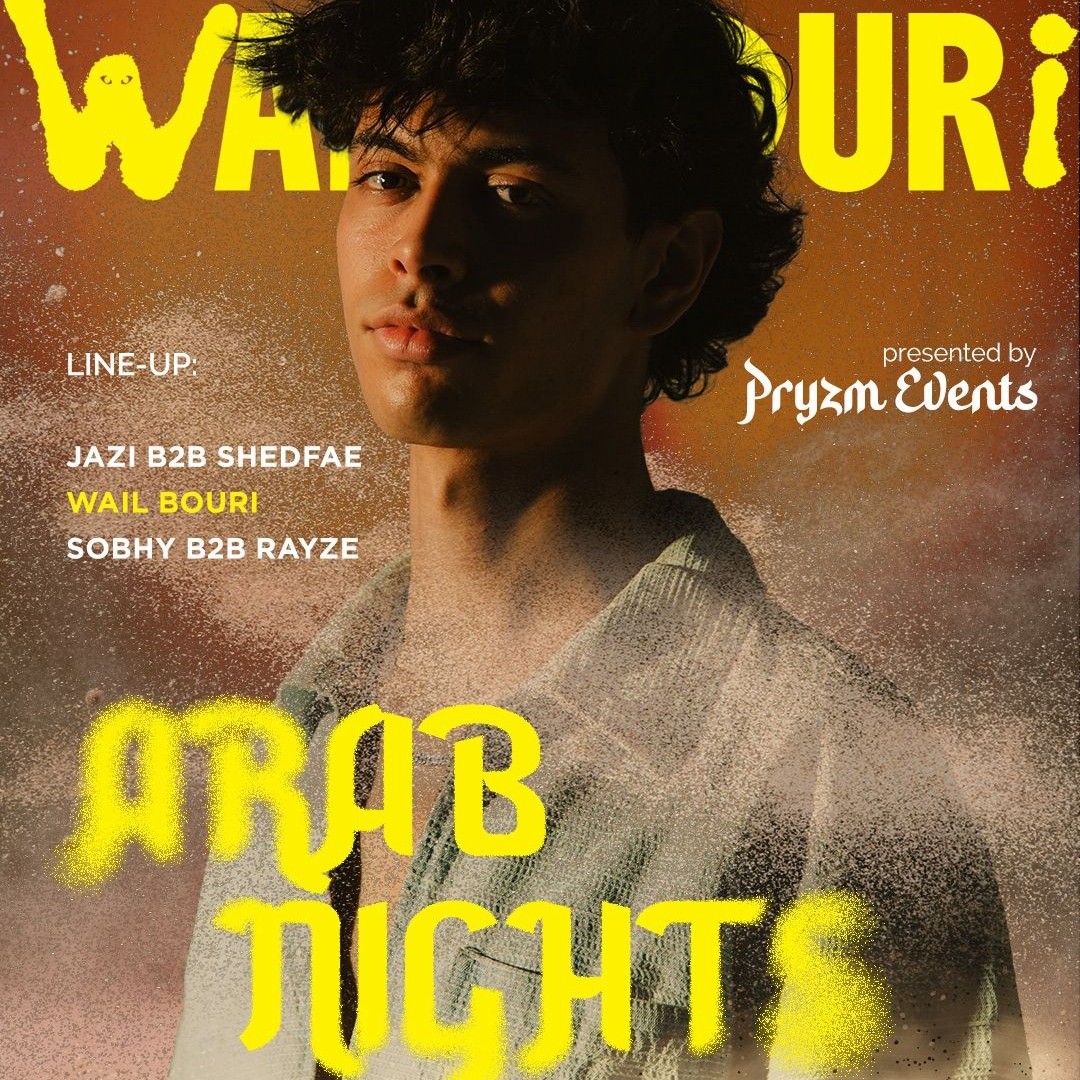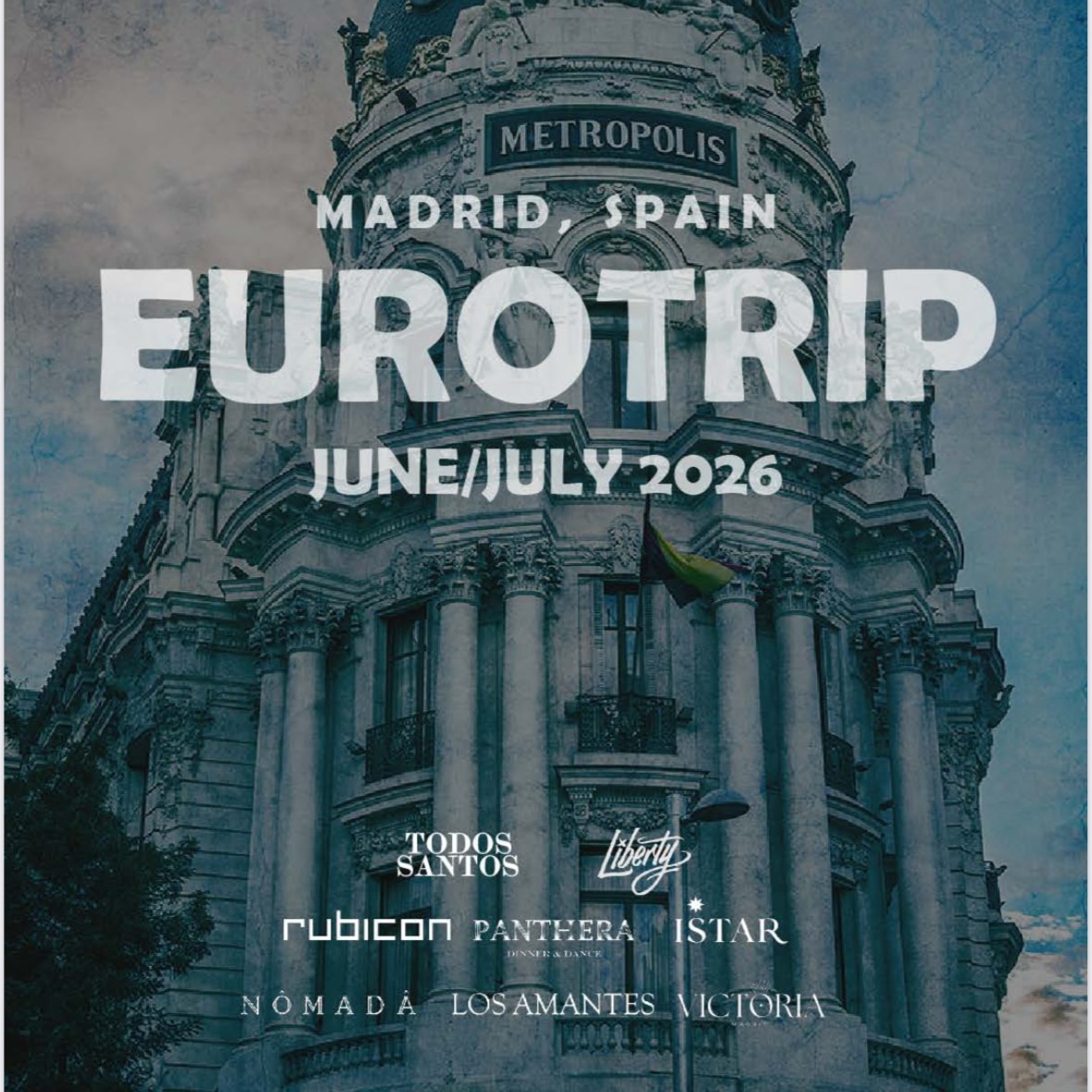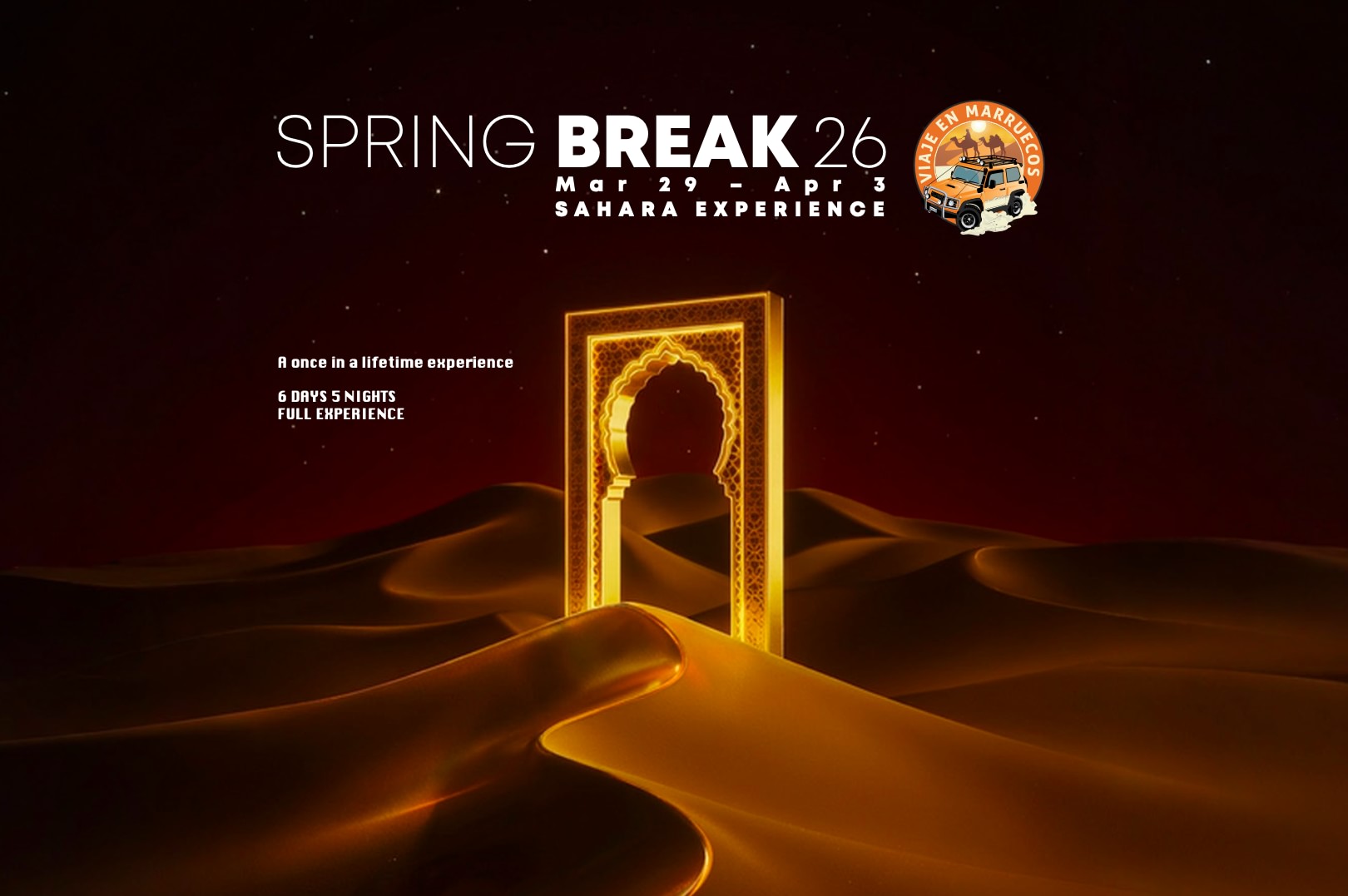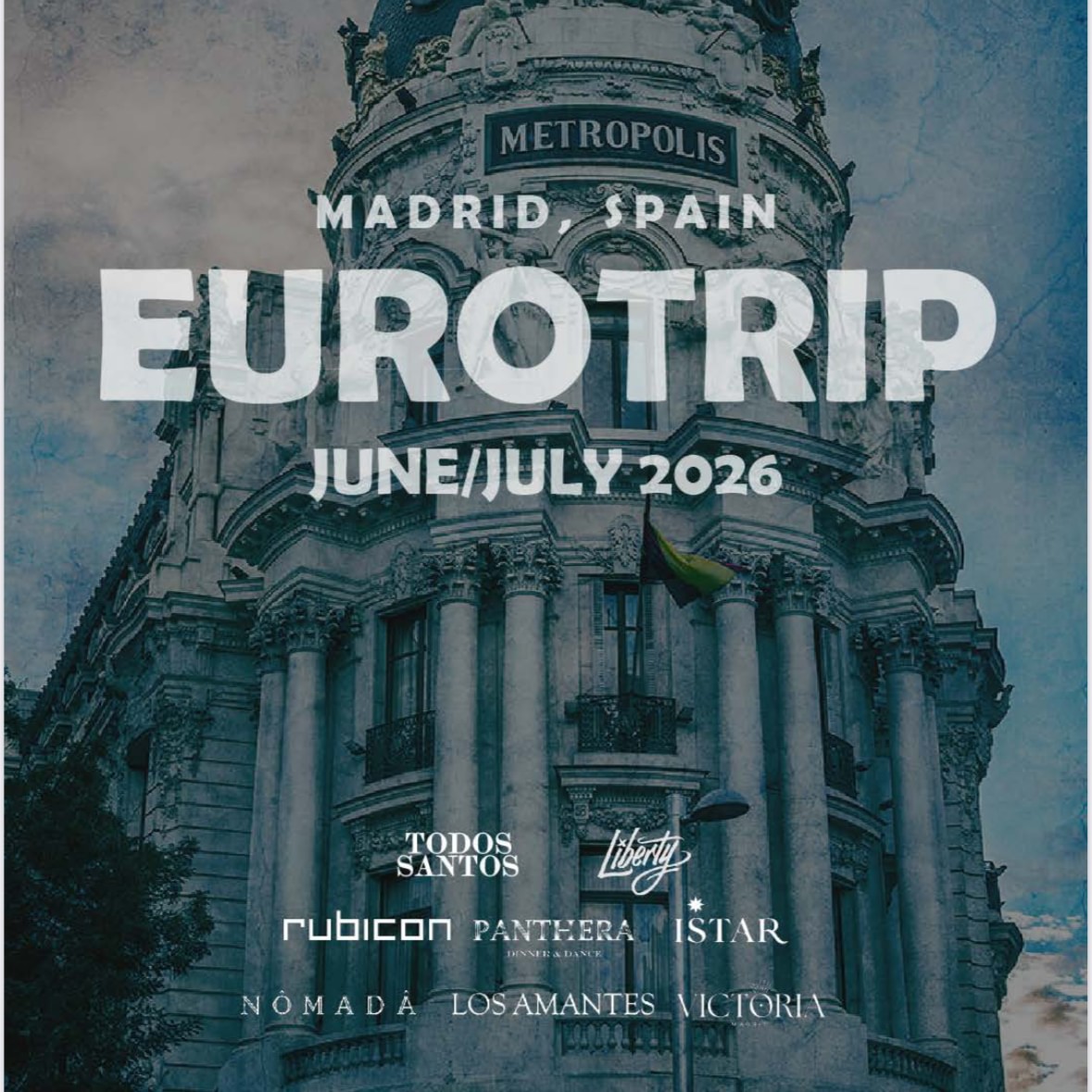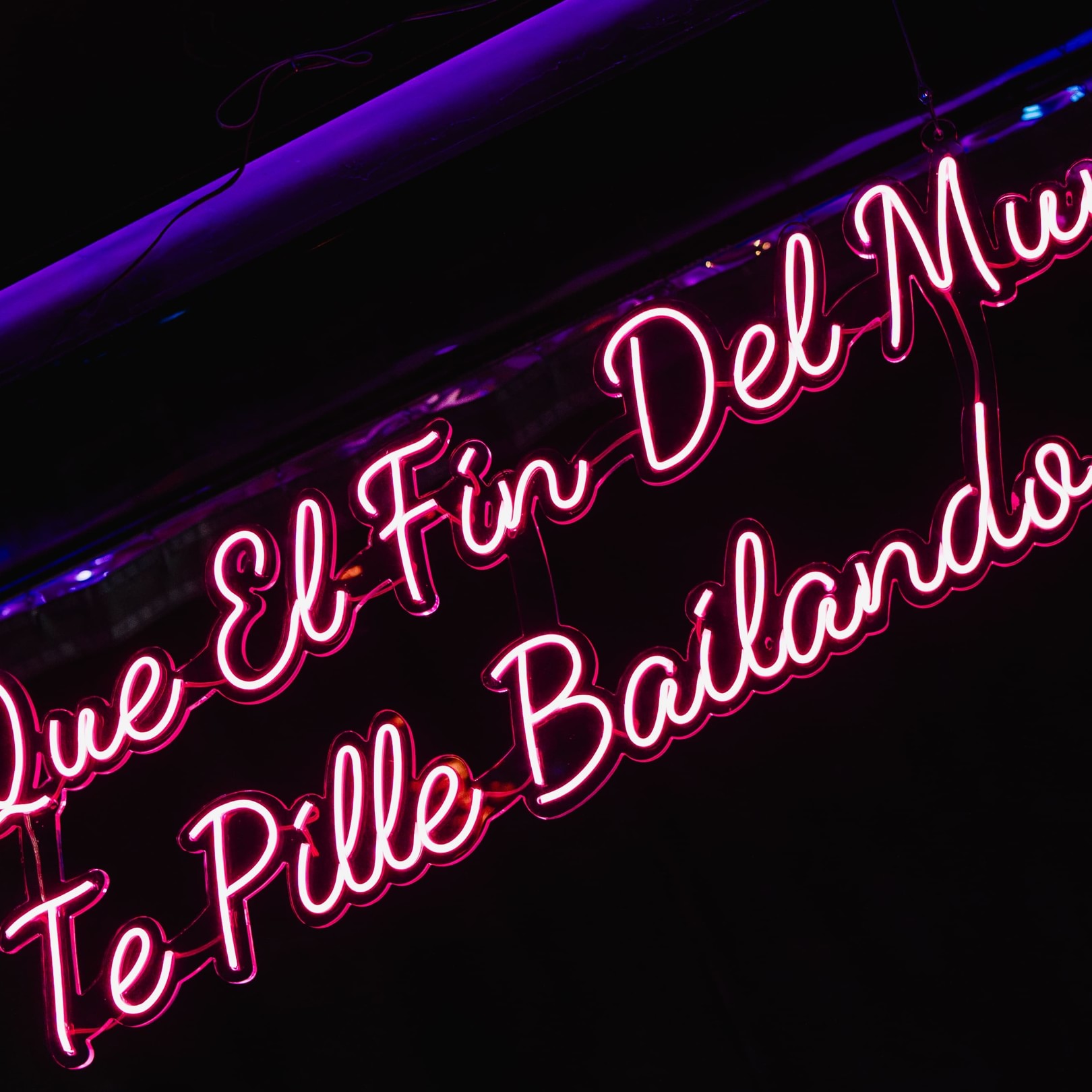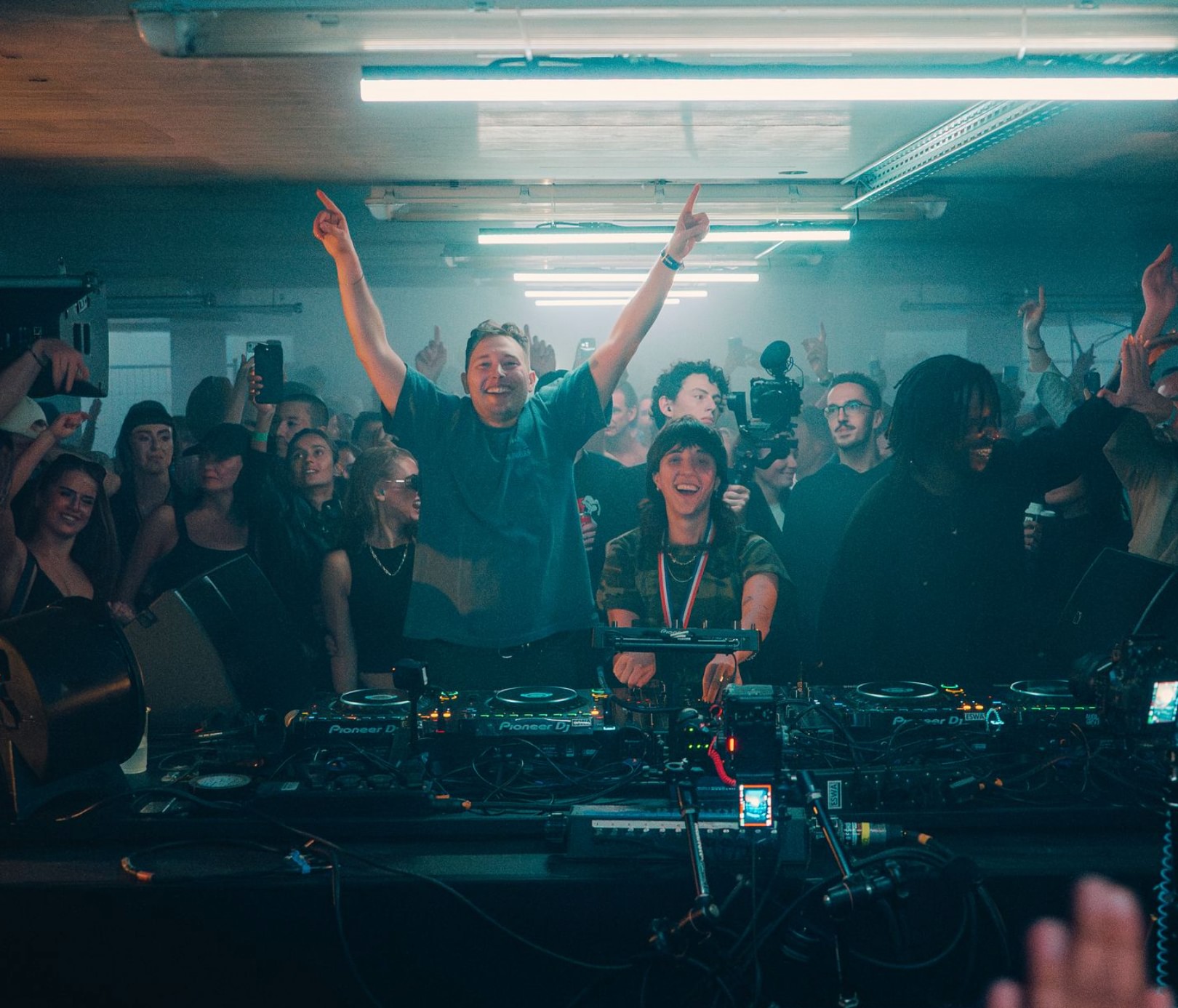Events in Madrid
Events
in Madrid
Popular
Upcoming events
Today, 30 Jan
VIERNES: Andrea Compton y Ainoa en AMIGAS ICÓNICAS #CUENCAclub
Cuenca Club en Sala Pirandello
90s - 00s
Hits
Reggaeton

Friday 30th: gabo Special Set
Liberty Supper Club
Reggaeton

XTREME by Ekho / DANIELLA DA SILVA
ART Madrid Club
Daniella Da Silva · Cesar Almena · Nuke
Hard Techno
Techno
Friday at Rubicon
Rubicon
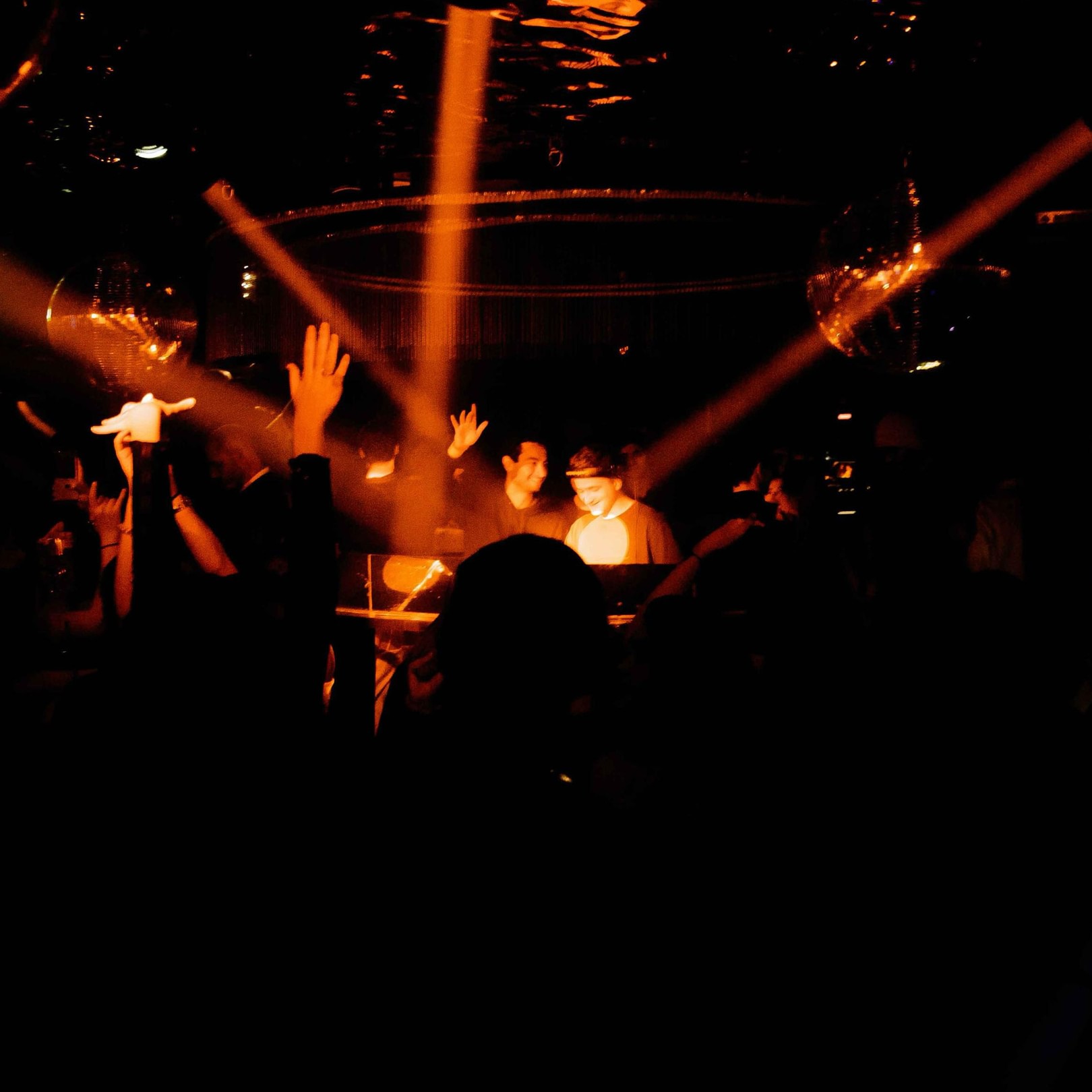
Friday Victoria
Victoria
Reggaeton
Afro House

Blasé ft. DJ AYA + Rata de Internet
Club Malasaña
DJ AYA · Miqui Brightside
House
Tech house
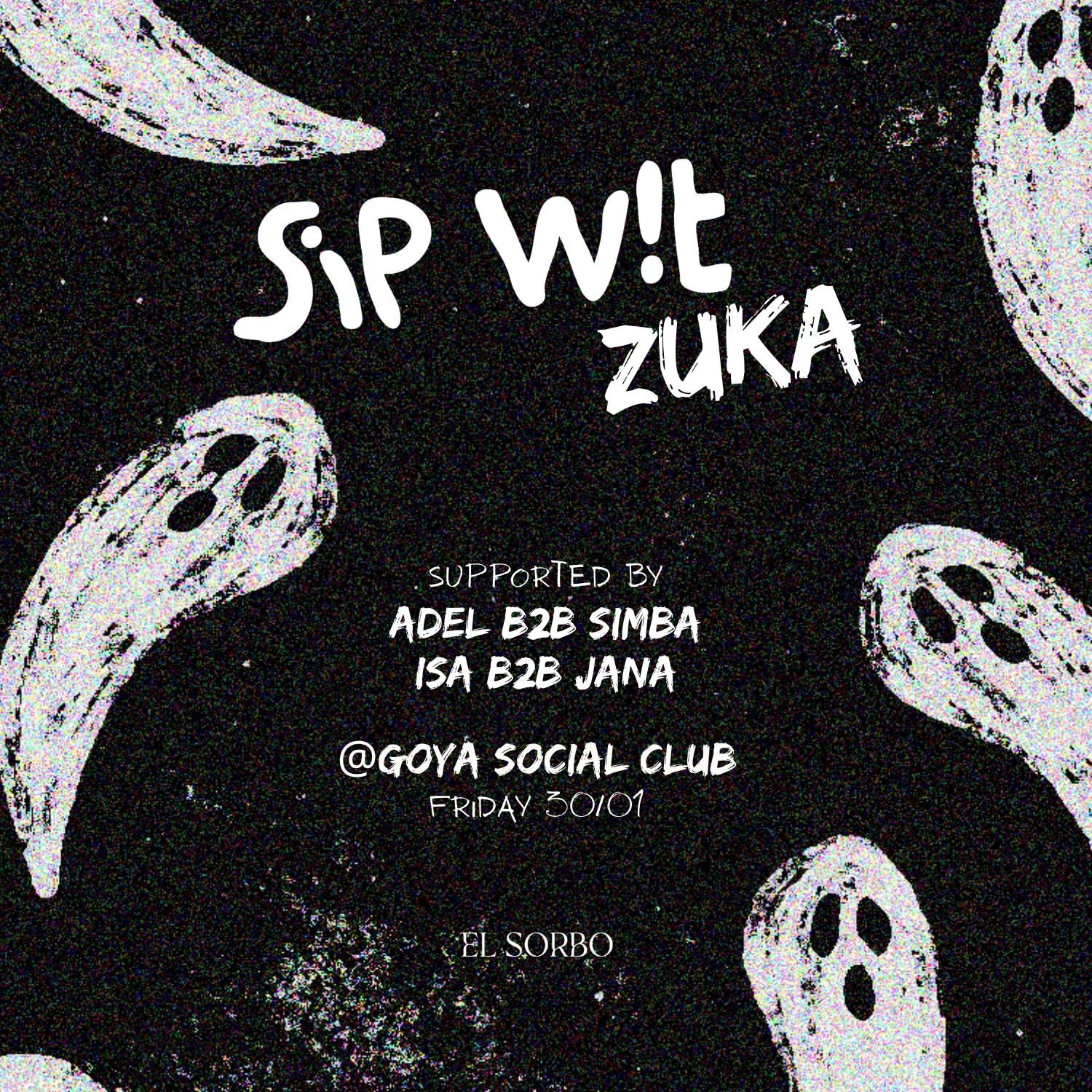
Sip Wit Zuka @ Goya Social Club
Goya Social Club
Tech house
House

Girltoy W/ Síofra + Juguete + Albal
CORE
Juguete · Albal
Tech house
Techno
Acid Techno

FIESTA POST EXÁMENES SALUS sala white
Nazca Events Club
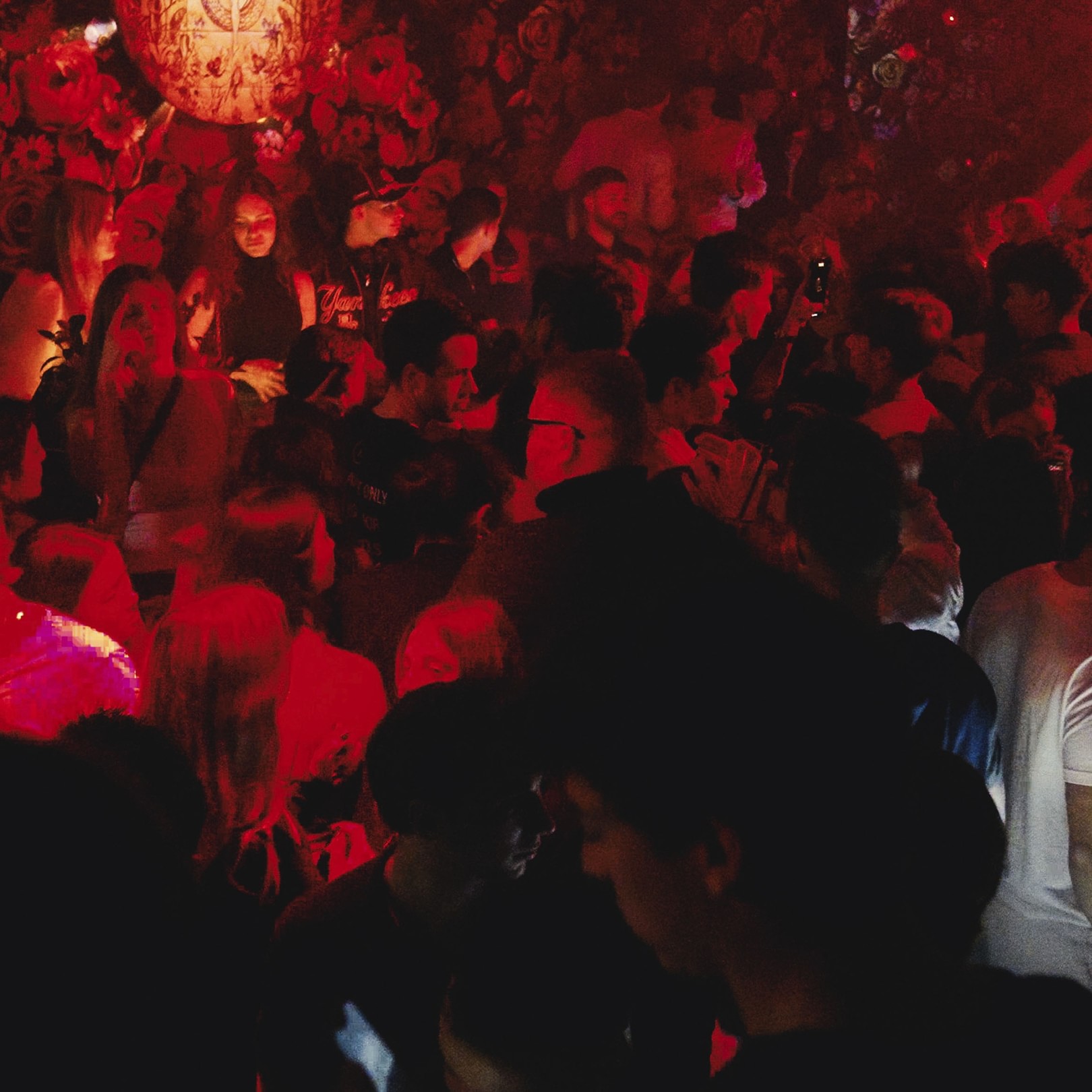
Friday Los Amantes: Weekend Anniversary
Los Amantes

Friday 30th @ Costa Social Club
Costa Social Club
DJ JAVS
Hip-hop
Reggaeton
Afrobeats

Dolcevita
Upper Room Liberty Supper Club
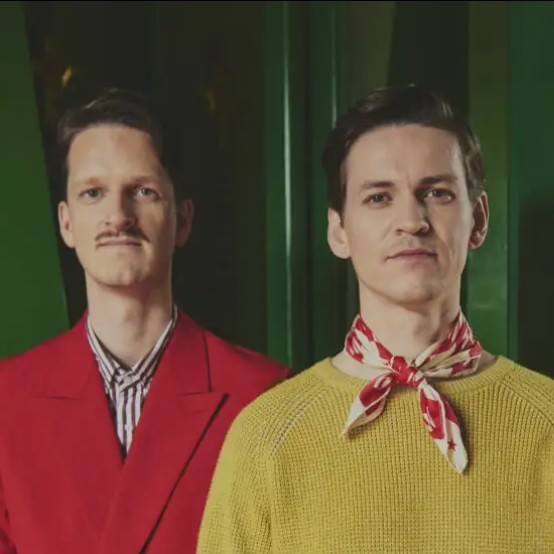
Mr. Belt & Wezol
Lula Club

Interclubbers w/ Kappa, Platten & Notrave
HIGH CLUB ROOM
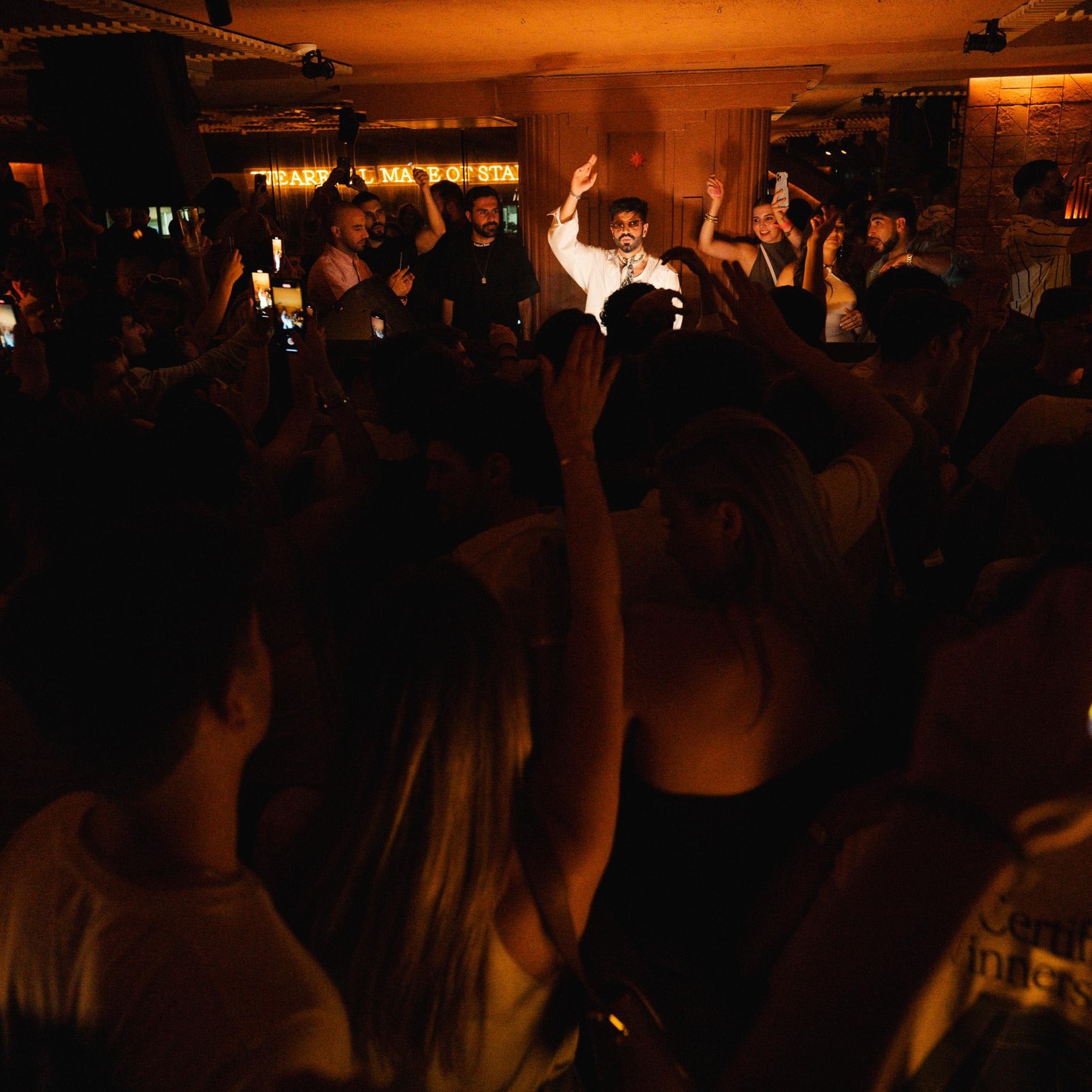
Friday at Istar
IŠTAR
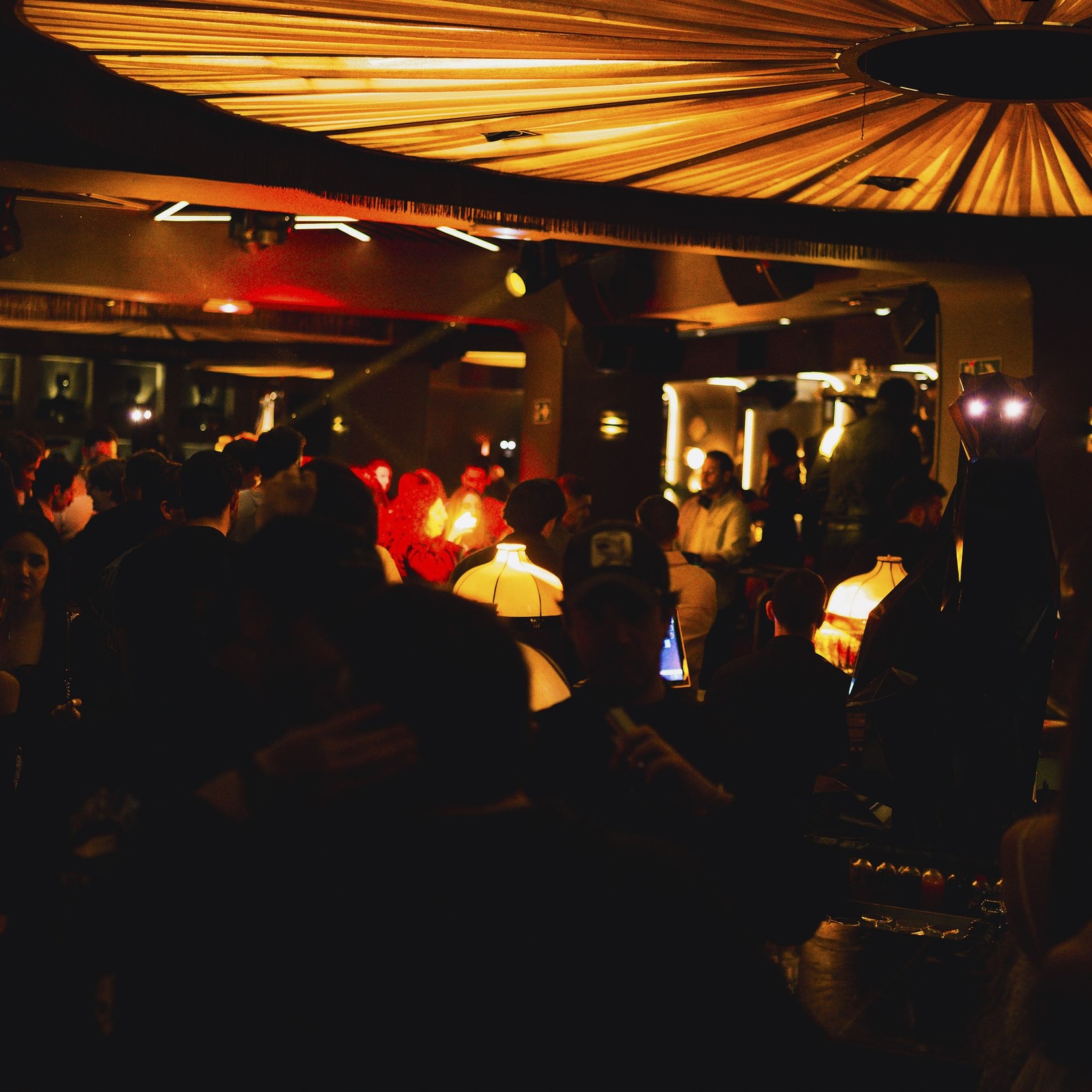
Friday Nights at Panthera
Panthera

VIERNES 30 enero
Nazca Events Club
Reggaeton
Tomorrow, 31 Jan

AFRODISE X MOOTS FESTIVAL
The Lenovo GARAGE - Autocine Madrid
Aaron Sevilla · CLAUDIA LEON
Afro House

FASCINADO 31 ENE BINGO INDIE
Rubicon
SÁBADO: AMIGAS ICÓNICAS #CUENCAclub
Cuenca Club en Sala Pirandello
90s - 00s
Hits
Reggaeton
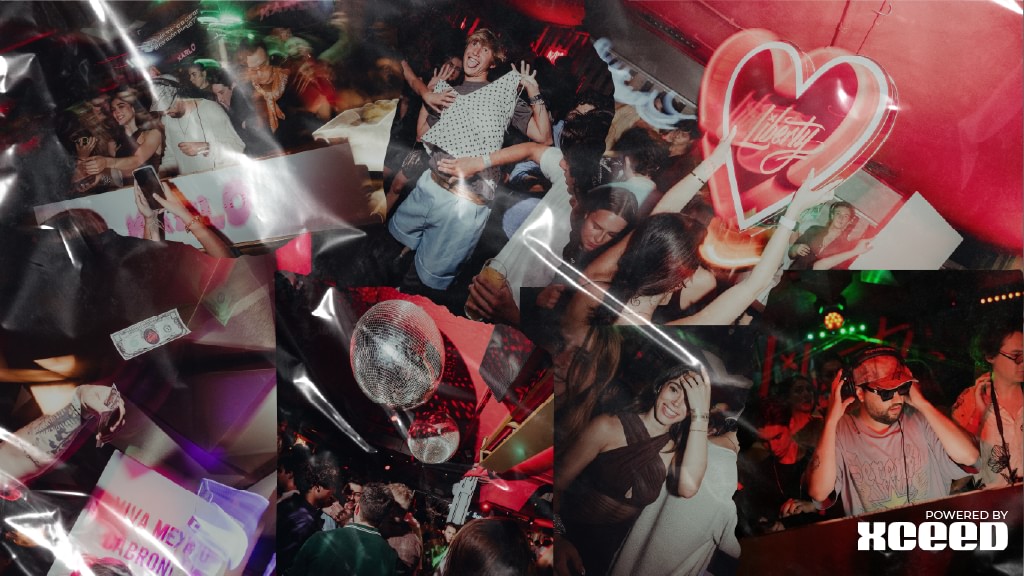
Saturday 31st With Semerene & Nico Baker
Liberty Supper Club
Reggaeton
Saturday at Rubicon
Rubicon
Headliners playing in Madrid
View allVenues in Madrid
View allLess is boring Less is boring Less is boring Less is boring Less is boring Less is boring Less is boring Less is boring Less is boring Less is boring Less is boring Less is boring Less is boring Less is boring Less is boring Less is boring Less is boring Less is boring Less is boring Less is boring Less is boring Less is boring Less is boring Less is boring Less is boring Less is boring Less is boring Less is boring Less is boring Less is boring Less is boring Less is boring Less is boring Less is boring Less is boring Less is boring Less is boring Less is boring Less is boring Less is boring Less is boring Less is boring Less is boring Less is boring Less is boring Less is boring Less is boring Less is boring Less is boring Less is boring Less is boring Less is boring Less is boring Less is boring Less is boring Less is boring Less is boring Less is boring Less is boring Less is boring Less is boring Less is boring Less is boring Less is boring Less is boring Less is boring Less is boring Less is boring Less is boring Less is boring Less is boring Less is boring Less is boring Less is boring Less is boring Less is boring Less is boring Less is boring Less is boring Less is boring Less is boring Less is boring Less is boring Less is boring Less is boring Less is boring Less is boring Less is boring Less is boring Less is boring Less is boring Less is boring Less is boring Less is boring Less is boring Less is boring Less is boring Less is boring Less is boring Less is boringLess is boring Less is boring Less is boring Less is boring Less is boring Less is boring Less is boring Less is boring Less is boring Less is boring Less is boring Less is boring Less is boring Less is boring Less is boring Less is boring Less is boring Less is boring Less is boring Less is boring Less is boring Less is boring Less is boring Less is boring Less is boring Less is boring Less is boring Less is boring Less is boring Less is boring Less is boring Less is boring Less is boring Less is boring Less is boring Less is boring Less is boring Less is boring Less is boring Less is boring Less is boring Less is boring Less is boring Less is boring Less is boring Less is boring Less is boring Less is boring Less is boring Less is boring Less is boring Less is boring Less is boring Less is boring Less is boring Less is boring Less is boring Less is boring Less is boring Less is boring Less is boring Less is boring Less is boring Less is boring Less is boring Less is boring Less is boring Less is boring Less is boring Less is boring Less is boring Less is boring Less is boring Less is boring Less is boring Less is boring Less is boring Less is boring Less is boring Less is boring Less is boring Less is boring Less is boring Less is boring Less is boring Less is boring Less is boring Less is boring Less is boring Less is boring Less is boring Less is boring Less is boring Less is boring Less is boring Less is boring Less is boring Less is boring Less is boring Less is boring
Tune in to the latest and hottest news from Madrid
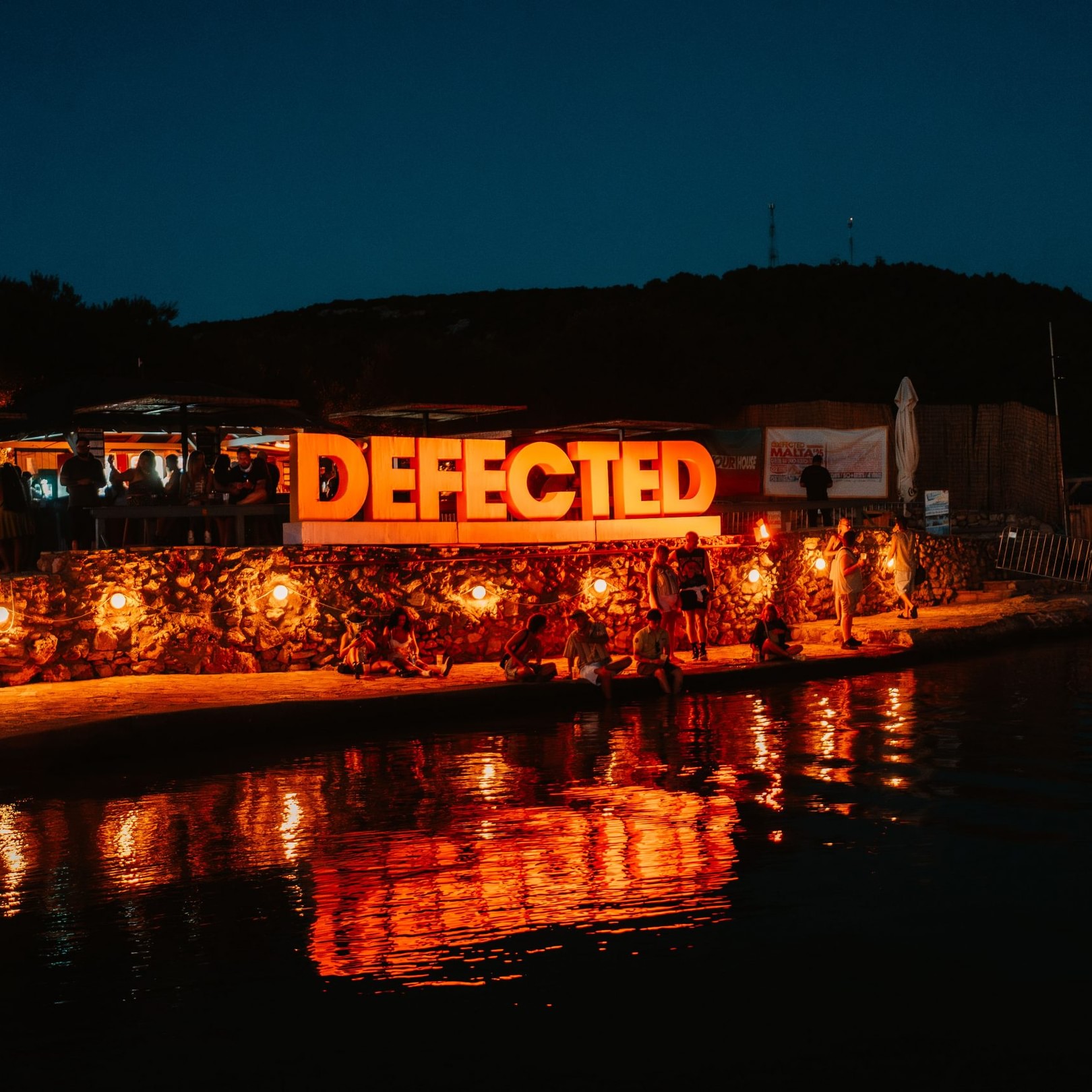
Tue, 13 Jan 2026 · Josep Anton
Interview with Steven Braines (Head of Events at Defected/Glitterbox)
interviews

Tue, 30 Dec 2025 · Constancia Moreno
CORE: Madrid’s New Dark Room for the Ones Who Know
clubbing
spain
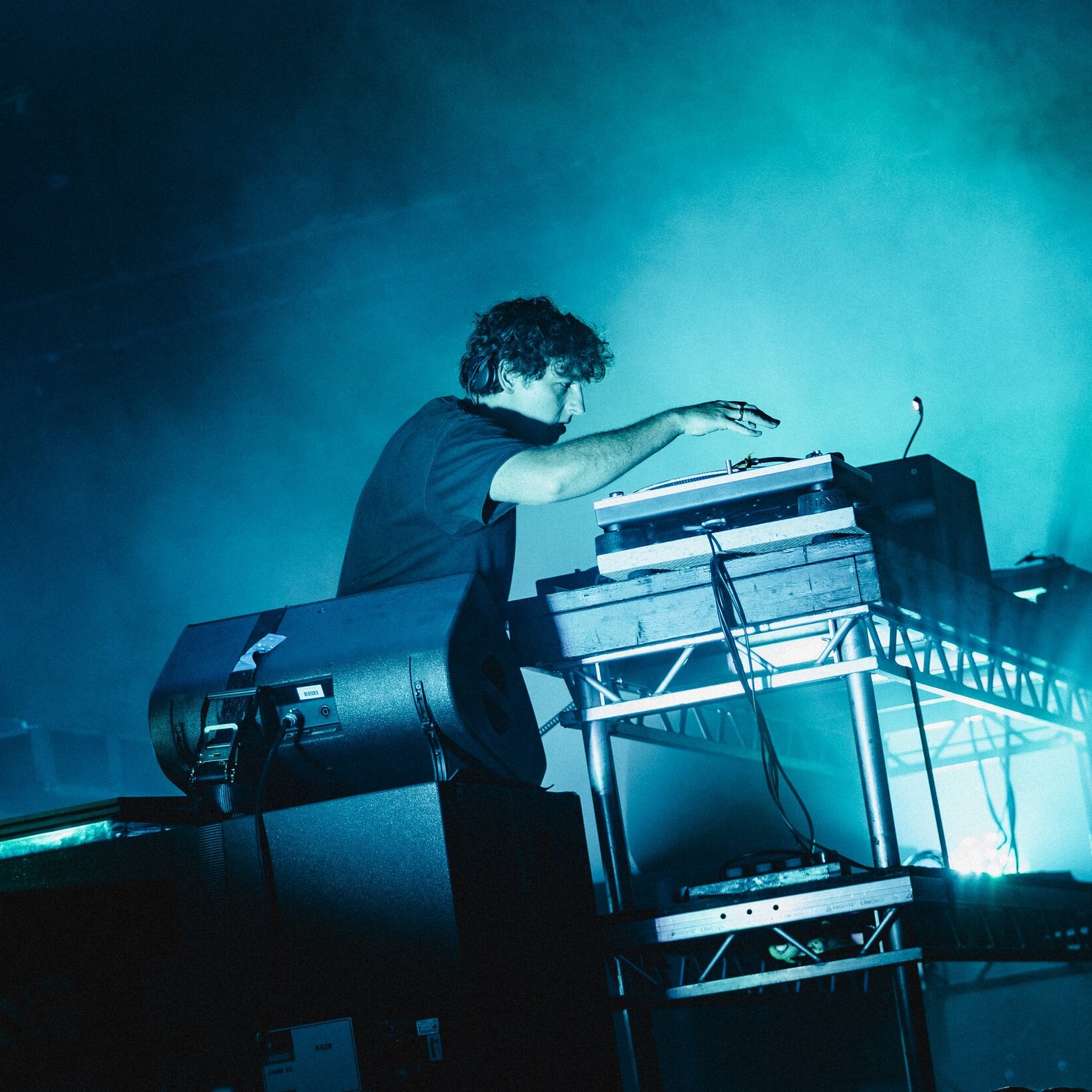
Tue, 30 Dec 2025 · Josep Anton
Soundtrack of the year: XCEED’s favorite DJ sets in 2025
music
top10
How to go out in Madrid
Madrid, capital of Spain and, for many years, reference of the Spanish night. Many of you probably heard of the "Movida Madrileña". It was a cultural movement which emerged during the post-Franco Transition and in the late '90s and early '00s gave birth to one of the hottest and most attractive musical scenes in Europe. After that, Madrid's underground scene slightly diminished. Nowadays, Madrid is lively and presents a nice balance between alternative and more commercial nights. And, yes, it’s hot life in the streets is envied by the rest of the country. From Monday to Sunday, without exception, it’s a must to have the famous tapas in terraces and bars. People usually party until dawn on Thursday, Friday, Saturday and Sunday nights.
In Spain, people have lunch and dinner late. And Madrid, being the capital, is no exception. The hungriest may start having dinner shortly after 9 pm, but it is normal for restaurants to fill up just before 10 pm. We say this because, due to the domino effect, also the party at night starts late. In Madrid, as in any other city in the country, everybody does those well-known "previas". Having a few drinks with friends before going to the club is unquestionable. Younger people do it in the streets. University students do it in their student flats. People from the neighbourhood even have rented spaces used to "copear", as they say. Clubs generally open at midnight and get crowded between 2 and 3 am. This is the critical hour for bouncers. And, due to the law, all clubs close at 6 am. Only some, as an exception, extend until 6:30 am. But that's the limit.
Alcohol consumption on public roads is forbidden by municipal regulations, unless you are on the terrace of a bar, of course. If you want to join the tradition of the "previa" and you don't have a place to organize it, we suggest you visit the Zona Universitaria. There you will find a unique space, where you will be allowed to enter with your own bottle of alcohol. They will offer you soft drinks and ice, but they will ask you to pay an entrance fee, of course. Another important prohibition in Madrid are the afterhours. But owners have discovered the trick of registering clubs as musical associations, so they have the freedom to open and close whenever they want. Unlike other cities such as Barcelona, associations in Madrid usually don't ask you to be registered as a member, although it is advisable to be accompanied by a member. Vallecas and Cuatro Caminos are, some of the areas where you will find these afterhours.
Madrid has music for all tastes. The commercial clubs are full of reggaeton and a lot of Spanish pop, El Canto del Loco or Pereza, for example. Rumba and even ska can be heard in bars, while in the main and more commercial clubs, pachanga and pop will be accompanied by a few trap tracks and, of course, the biggest electro-house and big-room hits of the EDM scene, with artist like Avicii, David Guetta and Martin Garrix at the head. If you're into underground, don't panic, Madrid has options for you too. Mythical clubs such as Mondo Disko, NOX or Stella dedicate their nights to sounds ranging from disco to the most industrial techno, going also through house and electro. All the great artists of the scene, such as Adam Beyer, Marco Carola, Loco Dice, Seth Troxler, Peggy Gou or Dixon, have passed through Madrid's DJ booths. If you are even more demanding, we recommend you visit the second rooms of these clubs or other micro-clubs, where you'll find microhouse, breakbeat and drum 'n bass, depending on the artist who's performing.
Almost all of Madrid's nightlife is concentrated in the Centro area. Sol is the most touristic one. The number of bars to have drinks before going to the club is endless. In addition, in this area you will find tours that will take you from bar to bar, where you’ll have a shot in each, until you’ll end up in one of the great clubs in the area, among which Shôko. These tours cost just 5€ and are very popular especially amongst European and Latin tourists. Another very busy area is Malasaña. Also there you’ll find a good amount of bars, although the atmosphere here is more local, modern and hipster with many Spaniards and people between 25 and 35 years old. Nearby, in Tribunal, there’s Teatro Barceló, one of the most popular clubs in Madrid, also known as the old Pacha. Together with Teatro Kapital - on the opposite corner of the Centro - and Graf - in the Ponzano area, surrounded by sofisticated bars - they are the three most frequented clubs in Madrid.
Ponzano is, without doubt, the area that your wallet should fear the most. A drink in this area will cost you between 10 and 15€, while a beer will cost around 5€. If your idea is to go for dinner, get ready to spend 50€ per person, but you’ll be able to enjoy a good bottle of wine. It goes without saying, the environment requires appropriate clothing. If this is what you're looking when coming to Madrid, you'll be delighted to find a great youthful and high-class atmosphere. If it weren't for areas like Ponzano, Madrid's famous 'tapeo' isn't expensive at all. You can eat and drink loads of tapas, moving from terrace to terrace, without spending more than 20 or 30€. To enter a club, you’ll spend between 10€ and 20€, or maybe 25€, in special cases. Once in the club, a cocktail will cost you between 10 to 12€, a beer 6 or 7€ and a shot 5€.
Everybody cares a lot about the image in Madrid, although it very much depends on where you want to go. Clubs in Tribunal and Malasaña, such as Teatro Kapital or Teatro Barceló (former Pacha Madrid), are very strict. Boys have to wear a shirt, good trousers and elegant shoes. Girls should wear heels. Sometimes they close an eye, but, why risk? Other clubs like Shôko belong to a kind of second level. The atmosphere is more casual and modern. You can wear a T-shirt and sneakers, but as said, always taking care of the image. On the other hand, underground electronic music parties are super flexible. Dress codes vary depending on the night and very different styles can be seen on the dancefloor. Diversity is very common here, so just be yourself and everything will be fine!


